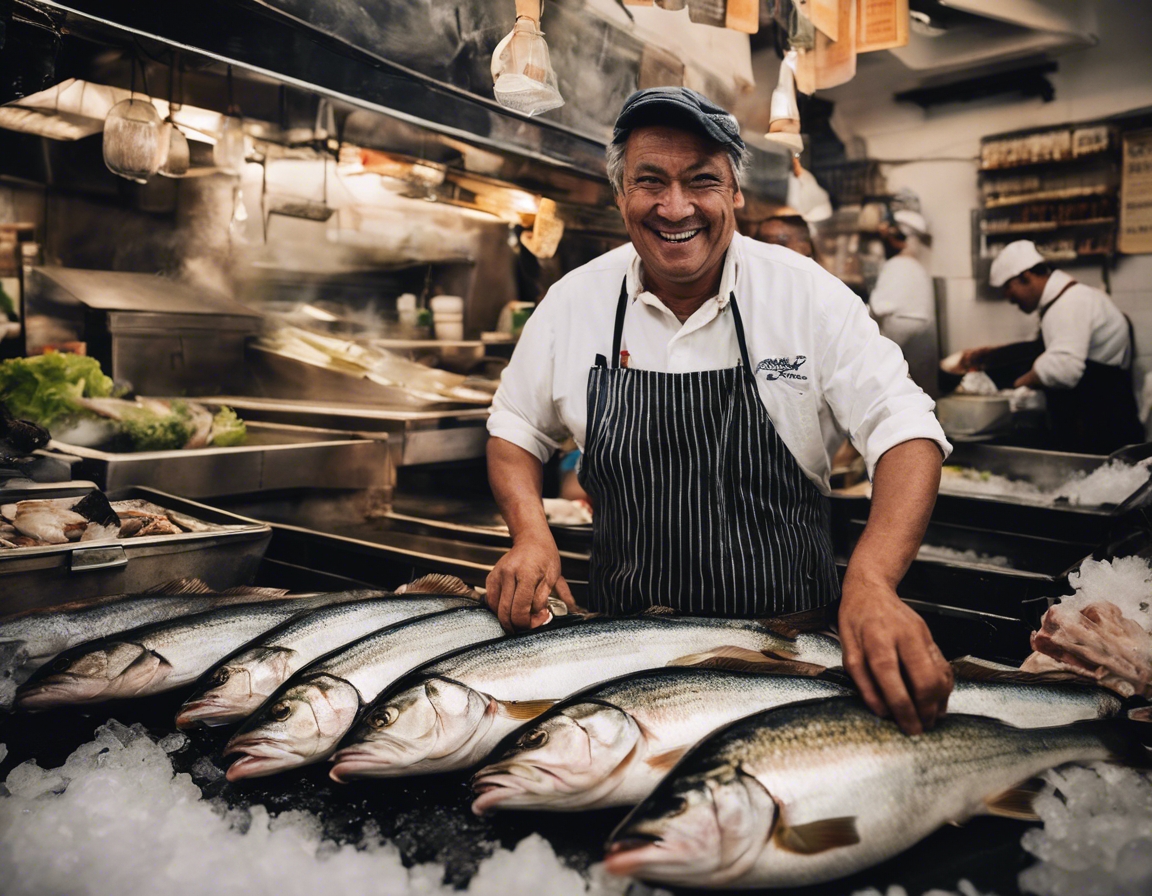Sustainable fishing: the kallaste kalur way
Sustainable fishing is a practice that ensures fish populations are harvested at a rate where they can replenish, thus maintaining the ecological balance and biodiversity of marine environments. It involves careful management of fishing activities so that current and future generations can continue to benefit from this natural resource.
Sustainable practices in fisheries are crucial for the health of the oceans and the livelihood of billions of people worldwide. These practices help to prevent overfishing, reduce bycatch, and maintain the integrity of marine ecosystems.
The Kallaste Kalur Approach to Sustainability
At Kallaste Kalur, we believe in working in harmony with nature. Our approach to fishing is guided by respect for the marine environment and a commitment to preserving it for future generations.
We employ a variety of methods and techniques to ensure our fishing practices are sustainable. These include selective gear types that minimize bycatch, seasonal fishing to allow fish stocks to regenerate, and adhering to strict quotas and regulations.
Transparency is key to our operations. We provide full traceability of our products from catch to customer, ensuring that our clients know exactly where and how their fish was caught.
Benefits of Sustainable Fishing
Sustainable fishing practices contribute to the health of the oceans by preserving habitats and biodiversity. This, in turn, supports the resilience of marine ecosystems to environmental changes.
By engaging in sustainable fishing, we support local economies and provide stable employment opportunities. Sustainable fisheries are a source of sustainable income for coastal communities.
Consumers benefit from sustainable fishing through access to fresher, higher-quality fish that is free from harmful practices and contaminants often associated with unsustainable fishing methods.
Challenges in Sustainable Fishing
Despite efforts to promote sustainability, global overfishing remains a significant challenge. It requires international cooperation and strong governance to address effectively.
Climate change poses a new set of challenges for sustainable fishing, affecting fish migration patterns and habitats. Adapting to these changes is essential for the future of sustainable fisheries.
Ensuring compliance with sustainable fishing regulations and enforcement of these laws is critical to prevent illegal, unreported, and unregulated (IUU) fishing activities.
How You Can Support Sustainable Fishing
Consumers can support sustainable fishing by choosing seafood from certified sustainable sources and asking about the origin of fish products.
Raising awareness about the importance of sustainable fishing and advocating for better policies can lead to more robust conservation efforts.
By choosing Kallaste Kalur, consumers and businesses partner with a company that is deeply committed to sustainable fishing practices, ensuring that their seafood choices support the health of the oceans and their inhabitants.





Comments (0)